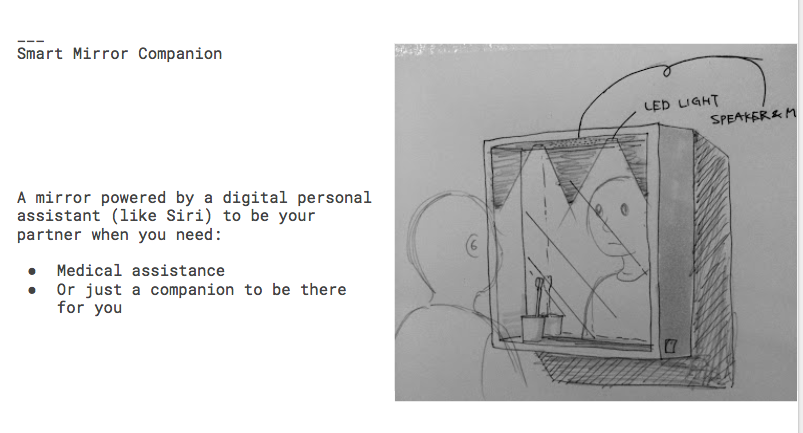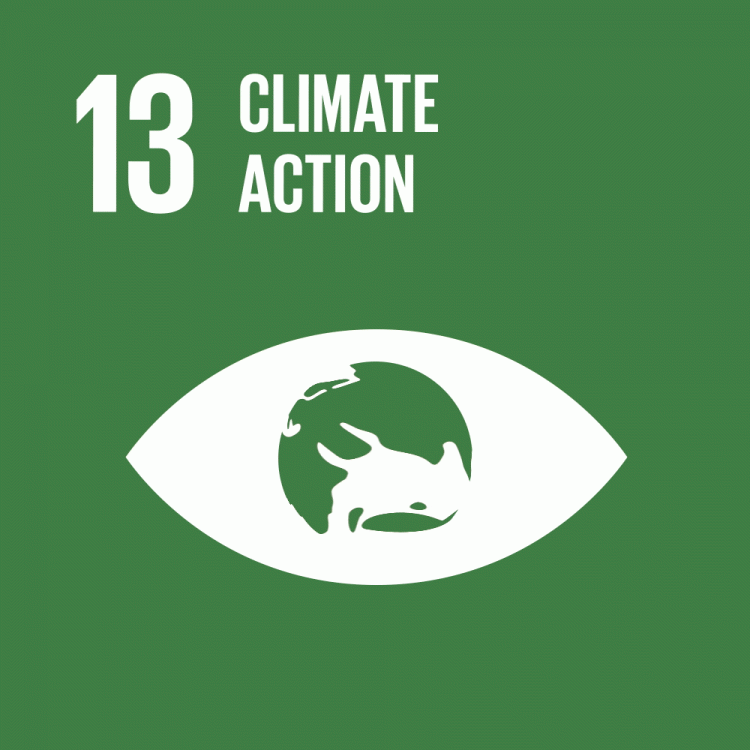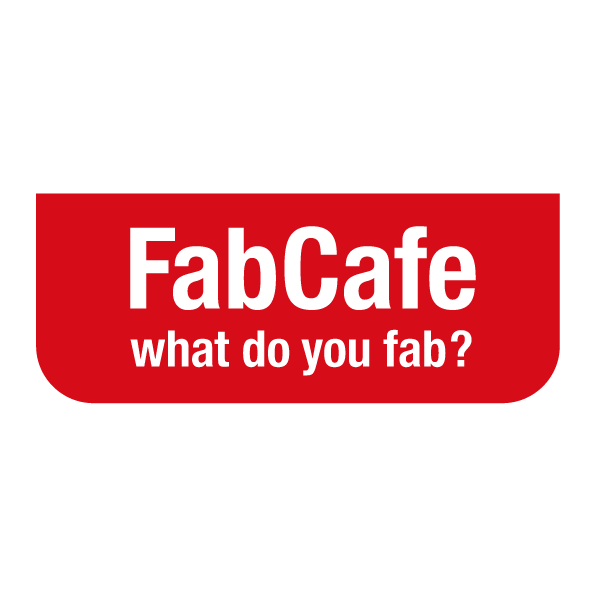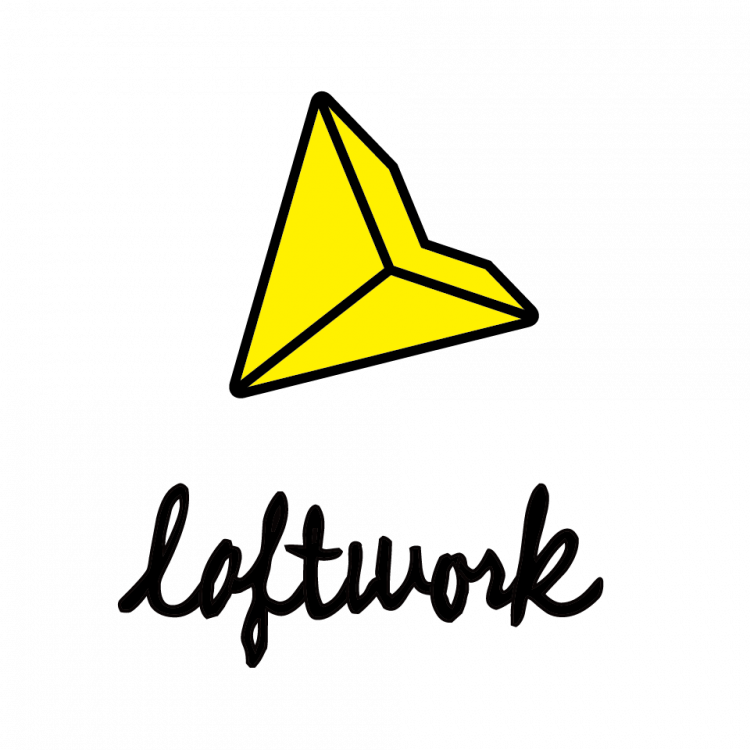Workshop
- #Finished
- #Online Event

Calling All STUDENT Changemakers! Join us in using design thinking to prototype to create local interventions aimed at tackling the Sustainable Development Goals. « For Junior High School and High School students only! »
This year's theme for GGJ TokyoBAY is "Beyond-human-centered Design": How might we design as nature? How will design processes and ideas change when we take a
nature-centered perspective? What if nature and non-human actors are our first and main focus in our design activities? Join us to tackle local challenges for the global goals!
Sat, September 25, 2021 – Sun, September 26, 2021 UTC+09:00
*Zoom doors open at 1:30PM JST on Day 1
Online Session
25
¥1,000 (Students only) *Price includes GGJ TokyoBay Goods care package
👆Click here to signup via Peatix 👆
Do you have a passion for solving social challenges to improve lives? Do you want to leverage your skills and ideas in a diverse and high-energy setting to identify and attack issues in sustainability and inequality?
Join us for the first edition of the Global Goals Jam for Junior High School and High School students in Tokyo, Japan, where local innovators, entrepreneurs, and creatives will join teams in over 200 cities around the world in designing actionable interventions toward achieving the Global Goals.
The Global Goals Jam is a two day designathon where creative teams work together on local challenges related to the Sustainable Development Goals. Using a tailored design thinking toolkit (the “Jamkit”), we will create interventions aimed at short term targets in support of the long term goals.
What’s the theme for this year’s GGJ TokyoBAY?
“Beyond-human-centered design”
Rising ocean levels, the health of a honey bee hive, the biodiversity of a forest – each of these environmental factors and non-human actors play a crucial role in protecting our basic needs for the survival of all species’ life on Earth. Yet, when humans go to create a new idea, product or service, the number one stakeholders that has historically dominated the spotlight of that creation process is more often than not the ones doing the most damage to our environments. That’s right- the humans! Furthermore, these forgotten stakeholders can be a huge game changer for the the success or failure of new products, services and ideas.
To plan for the sustainable continuation of a coastal community, we must considering global rising ocean levels. To maintain a balanced ecosystem for successful agriculture, we must consider the needs of honey bees and other pollinators as key stakeholders. To have a deeper understanding of who are the winners and who are the losers (and what is lost) when we create a mono-species forest, we must consider the local human and non-human community.
Now is the time to bring nature and non-human actors to the front through “beyond human centered design” or “environment-centered design”.
Key design challenge questions to this year’s GGJ Tokyo theme include:
- How might we design as nature?
- How will design processes and ideas change when we take a nature-centered perspective?
- What if nature and non-human actors are our first and main focus in our design activities?
 Please see a fuller explanation of “Environment-centered Design” by Monika Sznel here 👉
Please see a fuller explanation of “Environment-centered Design” by Monika Sznel here 👉
Every year, Global Goals Jam Tokyo selects three areas from the SDGs which are related to the these as regional issues and tackles them. These are the three focus SDGs at this year’s GGJ TokyoBay:
GENERAL INFORMATION
The Global Goals Jam 2021 will be an ONLINE event using Zoom and Miro.
Date, time:
DAY 1: Sat., Sept. 25, 14:00-18:00 ONLINE (Zoom and Miro)
DAY 2: Sun., Sept. 26 10:00-19:30 ONLINE (Zoom and Miro)
*There will be an optional “after party” following the presentations.
✅ Language: The program will be run primarily in Japanese. English support can be provided.
✅ Cost: ¥1,000 for students
✅ How to sign up: Registration Page is here👉!
✅ What to prepare?:
・A free Zoom and Miro account
・Stable Wifi-network, a quiet workspace
・Computer or tablet
✅ What comes with the ticket?:
・Entry to the 2-day GGJ online event
・GGJ Tokyo Goods packet
・A warm welcome to an international community of creatives, thinkers, designers, and entrepreneurs who are passionate about sustainability and making social impact
Recommended for:
・People who want to take action on global sustainability and social impact goals
・People who want to try out design thinking in small collaborative teams to develop an idea they care about
・People who want to join a global community of people who are passionate about sustainability and social impactJoin us and #design2030now!
How do we identify our challenge and solution idea?
The Design Method Toolkit by Digital Society School.
-

-
In 2016, United Nations Development Programme approached the Digital Society School to create a collaboration that connected the design community with the Sustainable Development Goals. Using their expertise in Design Methods and international, cross cultural collaboration, the Digital Society School customized their Design Method Toolkit to create an open-source Jamkit. These design thinking tools empower Jammers to go from challenge to idea and from an idea to a solution!
What is the output?
The output of the Global Goals Jam is a visual or rough prototype.
Examples of a visual prototype include…
1. A wireframe, mockup, or other clickable prototype.
2. Video prototyping as a commercial or advertisement for the product or service.
3. A Storyboard, a sequence of drawings to represent how the service/product works.
4. A social media campaign, show the message and function of your prototype through a Facebook, Instagram Tiktok or other social media campaign
5. An art installation mockup
Here are some examples of past GGJ prototypes:
-

-
『Smart Mirror Companion』SDG #3 Good health and well-being, Video prototype; In Japan, there is a minority of people who are socially withdrawn and an increasing number of elderly people who experience difficulty to leave the home for their medical needs. The Smart Mirror Companion is a mirror powered by a digital personal assistant (like Siri) to be your partner when you need medical assistance, it can scan your temperature and ask you your health update to connect you with medical assistance, or just a companion to be there for you. (From GGJ Tokyo 2017)
-

-
『VitaSip』 SDG #12 Responsible Consumption and Production, Paper prototype plus advertisements: Approximately 50 billion paper cups in the US end up in landfills every year. These paper cups take more than 20 years to decompose, partly because 5% (the filming inside) is composed of plastic. How can we reduce un-recyclable single-used cups without changing consumer behavior? Introducing VitaSip, the very first vitamin and supplementary coated bagasse cup! By replacing the plastic coating with a biodegradable, vitamin coating, VitaSip paper cups are not only become recyclable but also offer the consumer the benefit of the vitamin or supplement! (From GGJ Bangkok 2019)
-

-
『#climbmywall』 SDG #16 Peace, Justice and Strong Institutions, Video prototype plus social media campaign. How might we create an experiential event to raise awareness and empathy while building a supportive platform to help asylum seekers in Hong Kong?
A rock climbing wall as a narrative, a symbol, an experience. Phase 1 brings together rock climbing gyms around the world to celebrate “International Refugee Day” in a new way. While climbing, participants learn through projection mapping and other interventions which tell the story of all the “walls” a refugee must climb. It gets increasingly difficult towards the top, and climbers can feel the pain and exhaustion “walls” that an asylum seeker must climb while empathizing with their story. (From GGJ Hong Kong)
For more GGJ Past Examples, please see last year’s Global Goals Jam Sprint #4 Share it! AWRD page 👉
You can also follow GGJ Tokyo on Instagram!👉

-
Date & Time
-
Sat, September 25, 2021 – Sun, September 26, 2021 *Zoom doors open at 1:30PM JST on Day 1 UTC+09:00
-
Venue
-
Online Session
-
Fee
-
¥1,000 (Students only) *Price includes GGJ TokyoBay Goods care package
-
Capacity
-
25
👆Click here to signup via Peatix 👆










